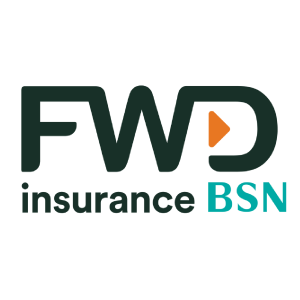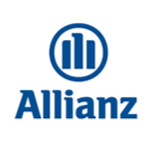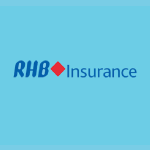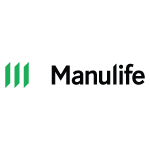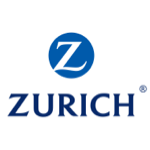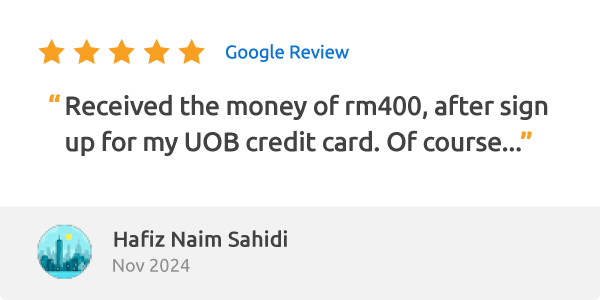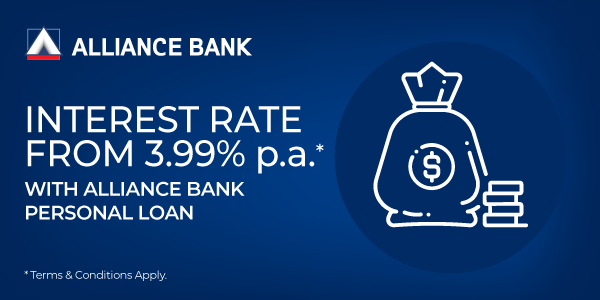Frequently Asked Questions About Heart Attack
Did you know that Coronary Heart Disease is the number one cause of death in Malaysia for the past 10 years? It was the leading cause of death for men and the second highest cause of death for women in Malaysia!
But it doesn’t stop there; about 36% of all deaths in the country can be traced back to cardiovascular disease. It accounted for over 52,000 deaths in 2014 according to the WHO disease profile for Malaysia.
Now, thanks to our unconditional love for high-fat, high-cholesterol Malaysian food and sedentary lifestyles, coronary heart disease causes almost one in four deaths every year. Read on to find out all about heart attacks and how critical illness or medical coverage can protect you from them if the unexpected strikes.
- How Can Insurance Protect Me Against Heart Attacks?
- Learn about Heart Attack Basics
- Heart Attack Symptoms and Treatment
Which insurance policies cover heart attacks
Most critical illness insurance covers the medical costs incurred due to a heart attack or other serious Coronary Artery Disease. These include Heart Valve Surgery, Surgery to Aorta, Coronary Artery Bypass Surgery and Angioplasty.
Critical illness plans basically pay out lump-sum payments to the insured, so as to use as an income replacement or for medical treatment. On the other hand, medical insurance plans which some people just refer to as 'medical cards' help cover hospitalisation bills up to the insured amount or lifetime limit.
How do I Choose Insurance Coverage for Heart Attacks?
The first thing to consider is your affordability. If you can afford it, it’s better to get yourself covered with medical insurance that has a critical illness plan for maximum coverage. Remember that when you suffer from a critical illness, you might not be able to continue working and medical insurance typically only covers your hospital bill and treatments.
But there are many other costs related or unrelated to your illness, which are financially burdensome when you are unable to earn. The pay-out from a critical illness plan can be used to cover your basic necessities, alternative treatments not covered by your medical plan, as well as your other financial obligations.
How early should I get Critical Illness or Medical Insurance coverage?
While we enjoy eating mee mamak and sipping on teh tarik, we should always remember that due to the Malaysian lifestyle and the fact that over 60% of Malaysians are either overweight or obese; cases of heart attacks among those below 40 years of age are no longer rare. Our recommendation is for you to get covered as soon as you can afford a critical illness or medical plan.
Generally, premiums (payments made to insurance companies) will be lower if you sign up for a critical Illness plan or Medical Card before 30 years of age, making it the ideal phase to get covered.
However, depending on the insurance provider’s policy, expect to go through a medical check-up at any of the insurer’s panel clinics before the approval of your insurance plan.
Can I Still Get Insurance After I’ve had a Heart Attack?
Unfortunately, due the ‘pre-existing condition’ clause found in medical insurance plans, it’s very difficult, if not impossible, to get insurance for the illnesses you’ll already developed. This may also extend to diseases related to your pre-existing condition.
However, it’s best to seek advice from a few different insurance providers to check if coverage is a possibility if you have already suffered a major illness.
Whatever you do, be honest during your policy applications. You can be denied your claim if you falsify your details or health status during your application or upon making a claim.
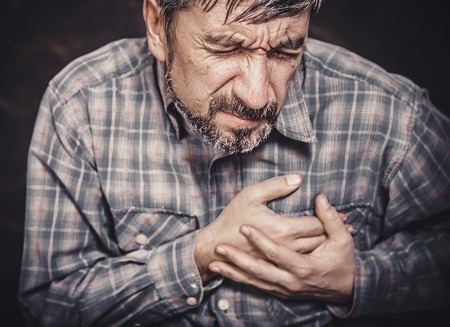
What is a Heart Attack?
Coronary Heart Disease is caused by lifestyle-related factors - including unhealthy diet, lack of exercise, obesity, and smoking habits. It happens when plaque, a waxy substance, is built-up within your blood vessels. This limits the flow of blood to your heart muscles, a condition popularly known as atherosclerosis.
Over time, this will cause your blood vessels to become narrow, or worse, blocked. At this stage, your heart may no longer function efficiently. A heart attack happens when the flow of oxygen-rich blood to a section of heart muscle suddenly becomes blocked and the heart can’t get oxygen.
At this point, parts of the heart begin to die, and you’ll feel severe chest aches. This is called a heart attack. It may even be triggered if you were to exert yourself by running, doing heavy work, or suddenly become stressed due to work or emotions. What makes it so deadly is the fact that it could happen without any warning.
Who Is Prone to Heart Diseases and Heart Attack?
According to the National Cardiovascular Database Annual Report, in terms of ethnicity, Malays and Indians suffer from heart disease more than Chinese in the country. Gender-wise, men are more likely than women to be diagnosed with heart disease.
Nevertheless, we should all take care of our heart, regardless of race or gender as the numbers will show that one is twice as likely to die from a heart attack as any form of cancer.
Is There a Difference Between a Heart Attack and Heart Failure?
Certainly, these are two completely different things even though they affect the same organ. A heart attack – which is usually caused by a blockage in an artery due to smoking, being obesity, high cholesterol, or high blood pressure – is when the blood supply to the heart muscle goes awry, which suffocates the muscle and causes them to die.
A heart failure, on the other hand, refers to the heart’s inefficiency to pump enough blood supply each time it beats. When you have a heart failure, your heart – which is also a pump – will fail to pump the same amount of blood per heartbeat, but it doesn’t mean that your heart will stop immediately. It just means that it doesn’t work as well and as efficiently as a healthy heart would.
What is Heart Disease?
Heart disease happens when blood vessels narrow or become blocked, leading to a heart attack, stroke and other heart conditions such as angina (chest pains). Heart disease also refers to conditions where the heart is weakened by birth defects and infections among others.
Is ‘Cardiac Arrest’ The Same as a Heart Attack?
No, a cardiac arrest is when the heart suddenly stops beating. This is a serious medical emergency where the sufferer can die if treatment is not received within minutes. It can usually follow a heart attack, recovery after a heart attack, or a heart failure.
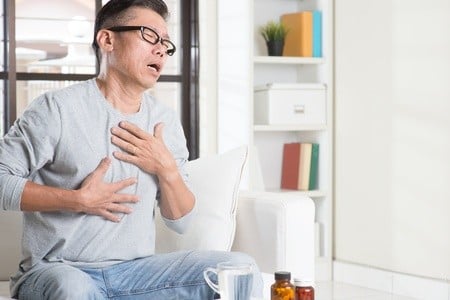
What Are the General Symptoms of a Heart Attack?
So how do you know if you or a loved one is having a heart attack? Here are the signs that you might be having a heart attack: • Pain in the chest, arm or below the breastbone. • Discomfort in the back, jaw, throat or arm. • Difficulty when breathing, shortness of breath. • Feeling of heartburn, indigestion, or choking. • Sweating, nausea, vomiting or dizziness. • Extreme weakness, anxiety, and irregular heartbeat.
Are Heart Attack Symptoms Different In Men and Women?
For the most part, men and women experience the same symptoms as above. However, women may suffer from nausea, indigestion, and palpitations more than they would chest pains.
So, if you are a woman, do consider a health check if you experience these symptoms in addition to severe fatigue, back pain, and shortness of breath.
What to Do if You are Having a Heart Attack?
The first thing – and even though it’s hard – is to try not to panic. Call someone to take you to a hospital or nearest clinic at the very least.
If there isn’t anyone around, call an ambulance or find a way to get yourself to a hospital – or Uber there if you must! It’s important to see a doctor right away just in case it really is a heart attack.
Seeking treatment immediately may help lessen the amount of damage to your heart. Moreover, the best time to treat a heart attack is within one to two hours from the start of the symptoms.
How to Diagnose a Heart Attack?
If you are admitted to a hospital (God forbid), there are a few ways they can tell whether you’ve just had a heart attack:
- Electrocardiogram or ECG –It’s the thing that goes “beep, beep, beep…” and it can show if there’s any damage to your heart muscle and where it has occurred.
- A Blood Test – This test will measure enzymes and let your doctor know if heart muscle damage has occurred.
What Are the Available Treatments for Heart Attack?
Treatment begins immediately after a heart attack is diagnosed. Drugs such as heparin or warfarin and surgical procedures are used to treat a heart attack. The goal of the treatment is to break up or prevent blood clots and stabilise the plaque.
These medications must be given as soon as possible, preferably within 2 hours from the start of the attack, to reduce the amount of damage.
Compare some of the insurance plans offered on RinggitPlus before you make your decision on what you want in your protection against Heart Attacks.
